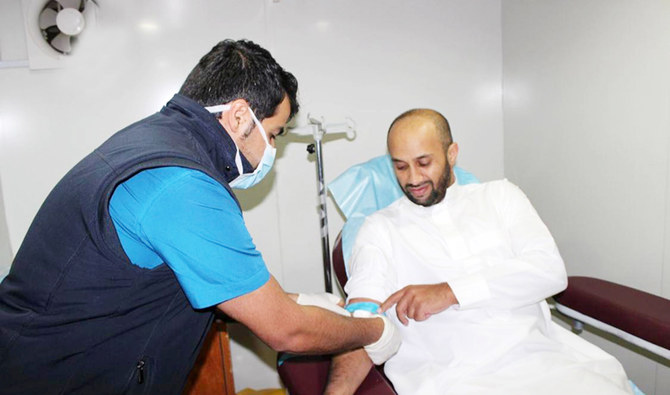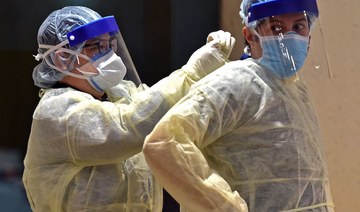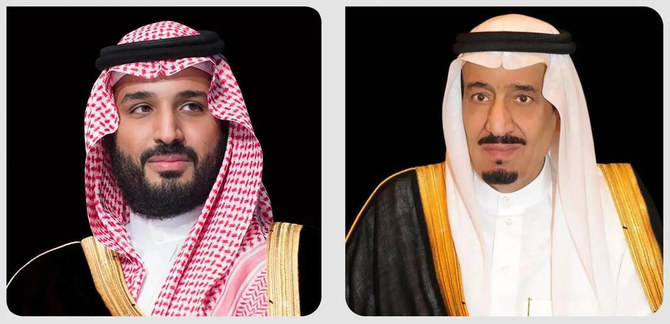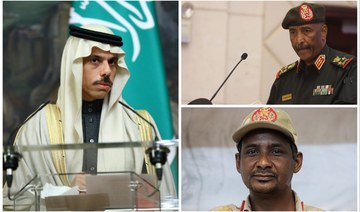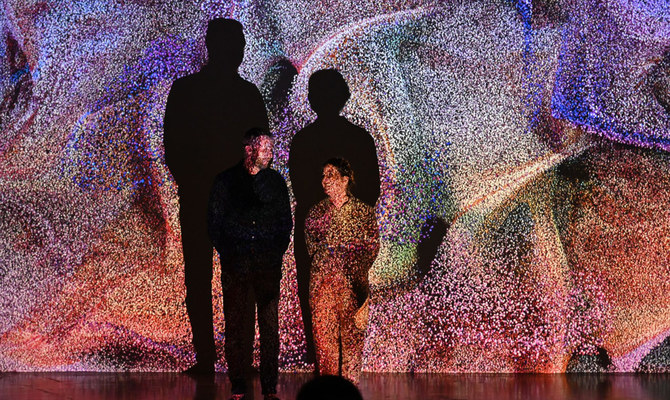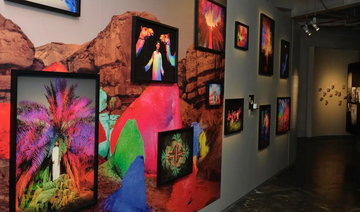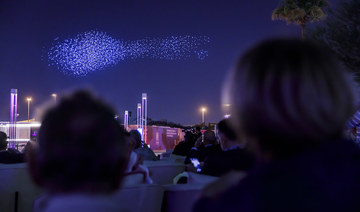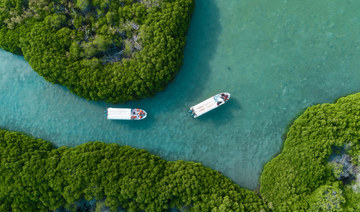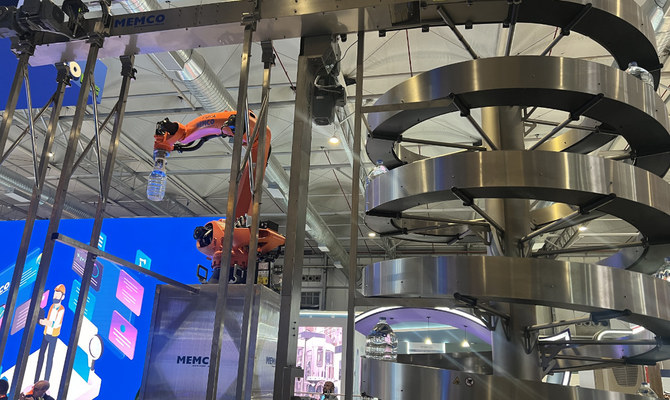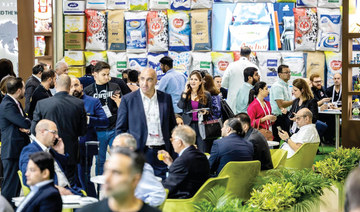RIYADH: Like other countries around the world, Saudi Arabia is fighting the coronavirus outbreak by using all means necessary to keep its citizens and residents secure.
Fighting this invisible enemy is not just the responsibility of the government. People also play a crucial role in this campaign by strictly following precautions to help the state succeed in its fight against the disease.
Such extraordinary times call for extraordinary measures, and a renewed sense of duty to counter all forms of threats physical or otherwise.
Authorities came up with the slogan “We are all responsible” to instill a sense of responsibility among all stakeholders and to increase awareness among people about the importance of their role in this fight.
Since its launch on March 21 it has been one of the top trending hashtags on Twitter and, in the past few weeks, has been tweeted over 500,000 times.
The slogan was launched at the behest of acting Media Minister Dr. Majid Al-Qasabi, according to Dr. Abdullah Al-Maghlouth, undersecretary of communication at the ministry.
Al-Qasabi wanted the slogan to act as a unified platform through which educational and awareness-raising messages about coronavirus could be sent to the public and private sectors.

“The design team brainstormed and discussed numerous ideas before deciding on the final version of the logo,” he told Arab News. “The colors were selected carefully. The green reflects the color of the Saudi flag. It also gives a sense of reassurance, equilibrium and comfort. The technical committee of the COVID-19 operations room at the ministry approved the new logo and launched it on March 21.”
The two lines on top of the logo are close to one another, but not touching each other in order to reflect people’s commitment to adhering to social distancing measures and to also show solidarity. The logo reflects the values upon which it was based. The design team faced a number of challenges such as tight deadlines and coming up with innovative ideas in a short time, he added.
Unified messages
The COVID-19 operations room was set up in collaboration with the Ministry of Health and over 35 other government authorities.
It is run by numerous teams to ensure unified media messages are sent out and that they raise public awareness, dispel rumors, refute false reports and facilitate the work of local and global media.
The staff includes young Saudi men and women from different government agencies who are supported by remote teams. The room works around the clock and sifts through messages to ensure high quality. It also helps organize the Ministry of Health’s daily press conference, coordination of spokesperson attendance, and the Ministry of Interior’s press conferences.
Dr. Hassan M. Somili, an assistant professor in marketing communications at Al-Imam Mohammad Ibn Saud Islamic University, said one of the important principles of effective crisis and risk communication was to get support from all members of society and this could be done through sending out unified verbal as well as nonverbal messages and slogans. This approach also helped in achieving the sought-after goals from such messages.
Government and nongovernment organizations should, as part of risk communication policies, enhance and support the efforts of the Ministry of Health, which acts as the defense line against the outbreak.
“It is great to have a national identity reflecting the efforts exerted to fight the pandemic,” Somili told Arab News. But he said that the current identity of the slogan did not take non-Saudi residents into consideration, the majority of whom did not speak Arabic and English. Recent reports showed that 80 percent of the people who contracted COVID-19 are not Saudi, he added.
“I believe if the messages of the slogan had focused on them, it would have raised awareness among (them) and spurred them on to contribute to the efforts exerted by society in fighting the pandemic,” he said.
Collective responsibility
Dr. Mufwad Alenazi, an assistant professor of public relations, said crises could be a turning point in the history of organizations and states, and required streamlined communication measures to manage them successfully.
A logo reflects the artistic design, while a slogan is an important element that is used by a campaign during a crisis. Both give the targeted audience a clear idea about the campaign and how to react to it.
“The crisis management committee has selected the perfect slogan ‘We’re all responsible’ for the campaign,” Alenzai told Arab News. “The words used in the slogan constitute an integral part of the Saudi culture, which is responsibility and commitment. The pronoun ‘We’re’ reflects collective responsibility of all members of the society. The words used in the slogan are simple to understand and react to and can be used printed as well as audiovisual media.”
Abdulhadi Al-Buraih, a sociology researcher, said the purpose of a slogan was to help individuals have the same sense of responsibility and work all together towards one goal.
“There is no doubt that a slogan can have a great impact on achieving unified group thinking, allowing all individuals within a community to feel that they are on the same boat and have to take collective decisions for the better interests of the whole group,” Al-Buraih told Arab News.
The slogan sends out a clear message: Everyone is responsible for contributing to the containment of the pandemic and the success of the government’s health plans for combatting it.
It might not bring rapid results at the beginning but, over time and with the help of promoting it through influential figures, it can be very effective and set deep into the public conscience.




